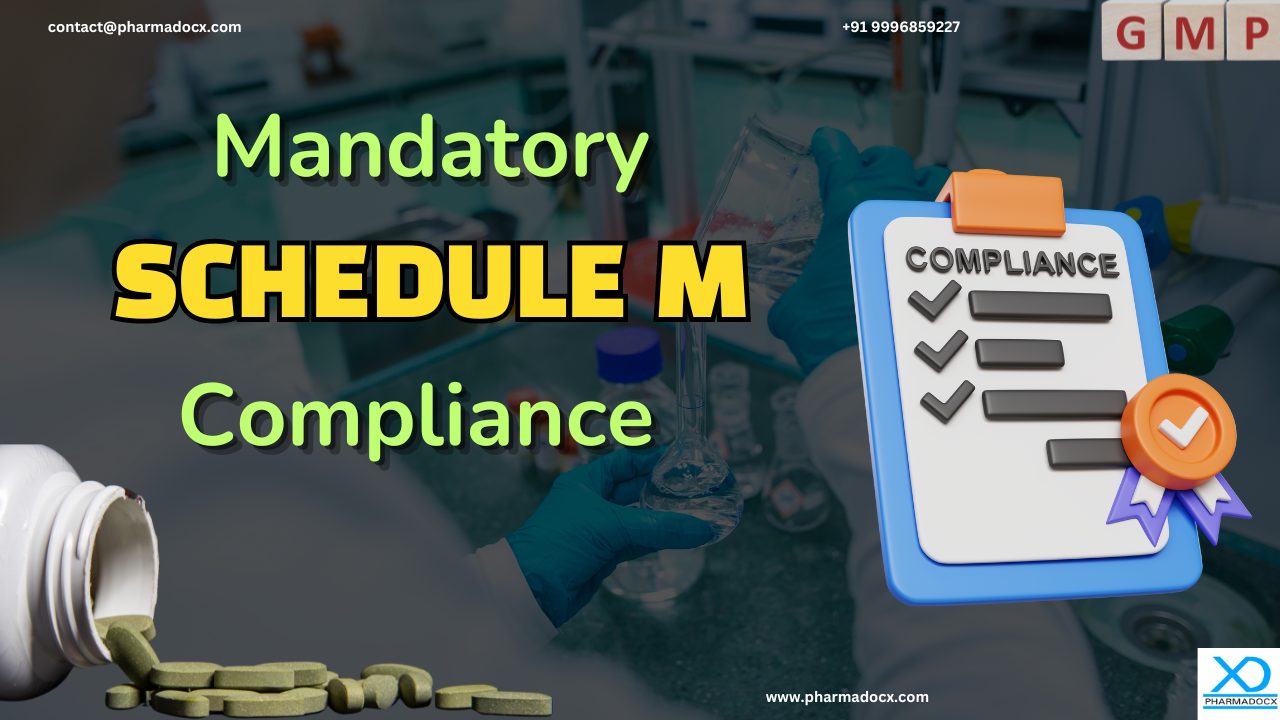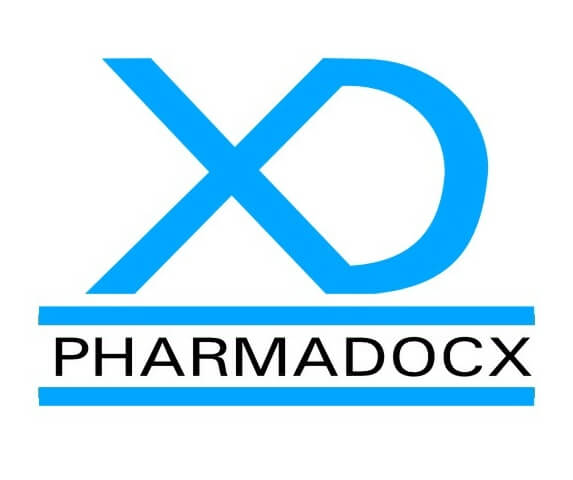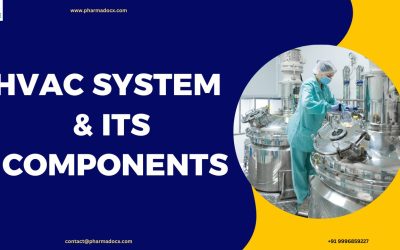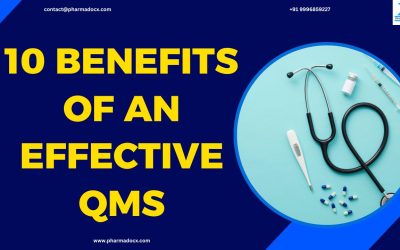Mandatory Schedule M compliance is being enforced to establish India as a global pharmaceutical manufacturing hub. The Schedule M is aimed increasing the accountability of pharmaceutical manufacturers for the quality and efficacy of the pharmaceutical products. The manufacturers will be responsible for not placing the patients at risk due to inadequate safety and efficacy of pharmaceuticals. Strict compliance with Schedule M guidelines is required to ensure the drugs perform as intended.
What is Schedule M?
Schedule M is a part of Drugs and Cosmetics Act 1940. It specifies the Good Manufacturing Practices for pharmaceuticals. All pharmaceutical manufacturing units in India need to comply with the Schedule M. GMP or Good Manufacturing Practices is a regulatory benchmark. It regulates the pharmaceutical manufacturing process so that the highest quality product is produced.
Revised Schedule M
With the rapid advancement in the pharmaceutical domain, new and updated regulatory guidelines were required. New frontiers, such as advanced therapies, personalised medicine, gene and stem cell therapies, have emerged in the healthcare sector. Thus, the pharmaceutical manufacturing processes have been rapidly evolving. These have fuelled the need for revision in the existing Indian pharmaceutical manufacturing regulatory guidelines. The principles and concepts of the existing Schedule M regulatory guidelines had to revised. The government aimed to revise the Schedule M to bring the Indian pharmaceutical regulations at par with global standards. Thus, drugs manufactured in India would be globally accepted.
In the revised Schedule M, the government has placed special emphasis on manufacturing premises, plant, and equipment in addition to the existing GMP requirements. The Schedule M is aimed at safeguarding patients and improving the Indian pharmaceutical product’s reputation. Schedule M compliance is mandatory for manufacturing pharmaceuticals in India.
Some of the changes in Schedule M are as follows: introduction of product quality review (PQR), pharmaceutical quality system (PQS), quality risk management (QRM), qualification and validation of equipment, and computerised storage system for all products.
Additionally, the manufacturers must market the drugs only after obtaining satisfactory quality test results. Furthermore, a small quantity of sample drugs from a batch should be stored in case the tests have to be repeated for quality verification.
In the revised Schedule M, emphasis on risk management, qualification and validation of equipment, and self-inspection has been increased. Thus, high-quality, effective, and safe drugs will be manufactured in India.
Mandatory Schedule M compliance for manufacturing pharmaceuticals in India
Certain manufacturers continue to sell not-of-standard quality (NSQ) medicines because they lack proper formulation development facility. The government is aimed at decreasing the percentage of NSQ medicines from five to zero. A robust quality control system across all aspects of a pharmaceutical manufacturing industry is required. Hence, pharmaceutical quality systems and product quality review have been placed at the core of the revised Schedule M. Thus, excellence in product quality and enhanced patient safety will be possible with the strict enforcement of Schedule M. Mandatory Schedule M compliance for manufacturing pharmaceuticals in India will ensure companies maintain highest quality in every manufacturing process step. This will place India in the global spotlight as a pharmaceutical manufacturing hub.
The Schedule M has 13 parts. These parts have highlighted the different regulatory requirements for manufacturing various pharmaceuticals in India.
The need for mandatory Schedule M compliance
Schedule M sets quality benchmarks for the pharmaceutical manufacturing process in India. Recently, the Indian government has revised the Schedule M to place Indian regulations at par with global standards, such as WHO guidelines. Increased emphasis has been placed on drug quality, efficacy, and safety. Manufacturing process quality control along with manufacturing-facility requirements and maintenance, personnel training, etc. have been placed under revised Schedule M.
Why should pharma companies in India comply with the Schedule M?
- Compliance with global standards: Schedule M compliance would indicate compliance with most global pharmaceutical regulatory standards. By following the Schedule M guidelines, companies will be adhering to WHO-GMP guidelines for pharmaceutical manufacturing. This will provide Indian pharma companies with a competitive advantage in the global market. Thus, Indian pharmaceutical manufacturing practices will align with international benchmarks, thus improving the export potential of Indian companies.
- Improved drug quality and safety: The Indian regulatory body is aimed at improving drug quality and safety. Stringent Schedule M guidelines have been formulated with the goal of enhanced patient outcome and safety. Compliance with Schedule M would indicate high-quality, safe, and effective drugs are being manufactured.
- Continuous improvement: To comply with the Schedule M guidelines, companies will have to adopt efficient quality management systems. Pharma companies will aim to continuously improve their pharmaceutical manufacturing process to deliver high quality products. Manufacturers will incorporate advanced technologies and modern manufacturing practices to abide by the updated regulatory guidelines.
- Indian government mandate: Complying with Schedule M guidelines is now a mandatory requirement for manufacturing pharmaceuticals in India. All pharma companies have to legally abide by these updated guidelines.
- Helps build trust with consumers: Schedule M compliance demonstrates the commitment of the pharma company to delivering high-quality drugs. Customers will prefer Schedule M complaint pharma manufacturers over non-compliant ones. Healthcare professionals and patients will have increased confidence in drugs manufactured by Schedule M complaint companies.
- Non-compliance will have legal consequences: Schedule M compliance is now a legal obligation. Non-compliance can attract fines and penalties as well as regulatory sanctions. To continue business without regulatory objections in India, pharma companies will have to comply with these guidelines.
Improving drug quality and safety
Thus, for manufacturing pharmaceuticals in India, pharma companies will have to mandatorily comply with Schedule M regulations. These new regulatory guidelines are aimed at enhancing the trust between consumers and pharmaceutical manufacturers. Evaluation of manufacturing processes, equipment validation, manufacturing plant requirements, and risk management protocols are all covered in these new guidelines.
How can Pharmadocx Consultants help you comply with Schedule M guidelines?
The Pharmadocx Consultants team has extensive knowledge of the Schedule M guidelines, regulations, and requirements. We will leverage our expertise in Schedule M guidelines to help you ensure your pharma company complies with Schedule M.
- Regulatory compliance: We will help you ensure that your manufacturing facility meets Revised Schedule M and WHO-GMP regulatory standards. We will ensure compliance with all the clauses of Schedule M. Additionally, we will provide a detailed checklist for your easy reference.
- Document preparation support: We will help you prepare all the documents required for compliance with Schedule M.
- Modification of plant: We will help you modify your manufacturing plant to comply with the new Schedule M guidelines.
- Staff training: We will train your staff to equip them with the necessary knowledge of the Schedule M guidelines. Our comprehensive training will make your technical staff adept at handling manufacturing facility inspections and audits.
We will provide holistic support to help you avoid any regulatory sanctions.
In case you have an existing factory, we will help renovate the factory as per Schedule M guidelines. We will revamp your factory as per new updated guidelines at minimal expenditure with minimum operation disruption. Our team of experts will completely modify your factory within the deadline so that you do not face legal consequences.
Ensuring Schedule M compliance is not an easy task. We have been helping set up pharmaceutical manufacturing facilities since 2007. Simply call/Whatsapp on 9996859227 or email at [email protected] and we will make your pharmaceutical manufacturing plant Schedule M compliant.





